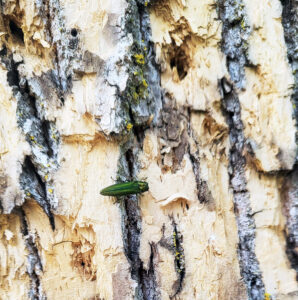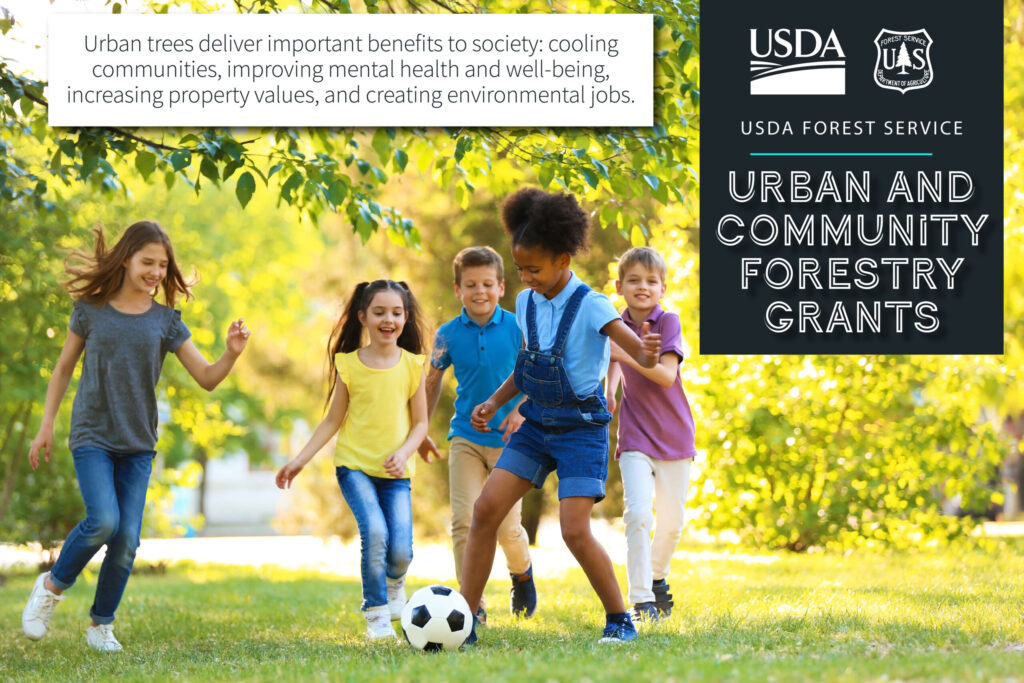 The Urban Forestry Inflation Reduction Act grant program uses federal funds to support projects that positively impact trees and people within disadvantaged communities in Wisconsin.
The Urban Forestry Inflation Reduction Act grant program uses federal funds to support projects that positively impact trees and people within disadvantaged communities in Wisconsin.
Cities, villages, towns, counties, tribes and 501(c)(3) nonprofit organizations conducting their projects in Wisconsin may apply for an Urban Forestry Inflation Reduction grant. Eligible projects must occur in or benefit those living in disadvantaged communities. To learn if your community is eligible, check the DNR’s map of identified communities, also available formatted as a list. Applications are due June 3, 2024.
DNR staff will host another webinar on May 15 on the Urban Forestry Inflation Reduction Act grant application process and allow time for questions and answers. This webinar will begin with a presentation by UW Extension staff on ways to engage with your community through urban forestry. See the links below to access recordings of previous webinars and register for the May 15 webinar.
- Webinar 1 recording
- Webinar 2 recording
- Register for Webinar 3 on Wednesday, May 15 at 10 a.m.
-
-
- If you have attended a previous IRA webinar, you are encouraged to register for this session as well, which will include new information on community engagement.
-
For more information, visit the Wisconsin DNR Urban Forestry webpage.

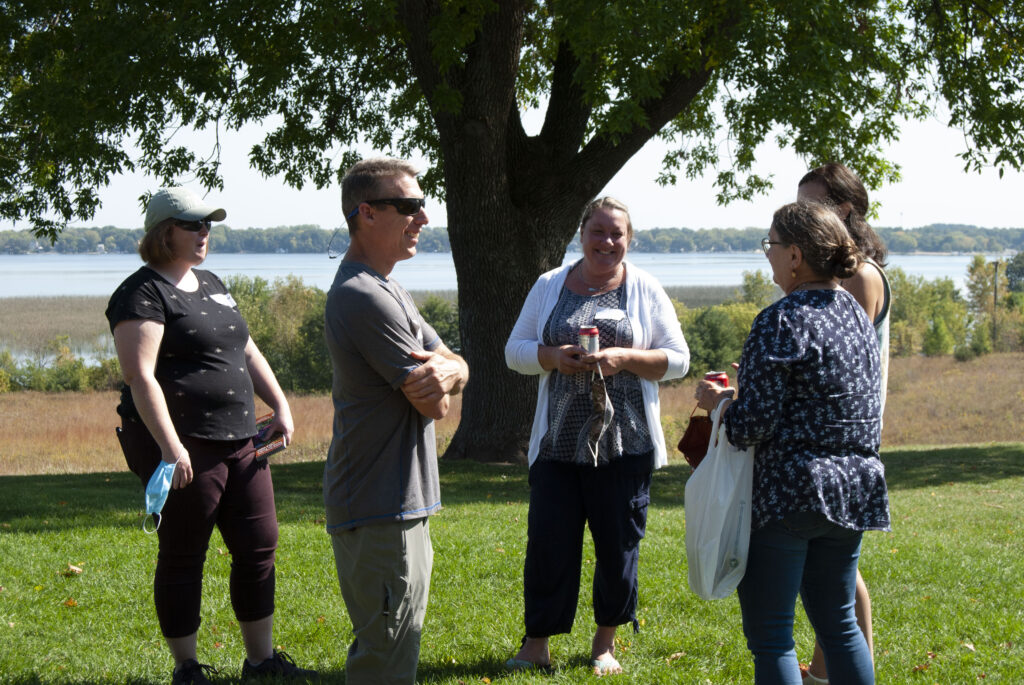 Partner with community groups such as 4-H, Scouts, rotary clubs and neighborhood associations to plant and care for trees.
Partner with community groups such as 4-H, Scouts, rotary clubs and neighborhood associations to plant and care for trees.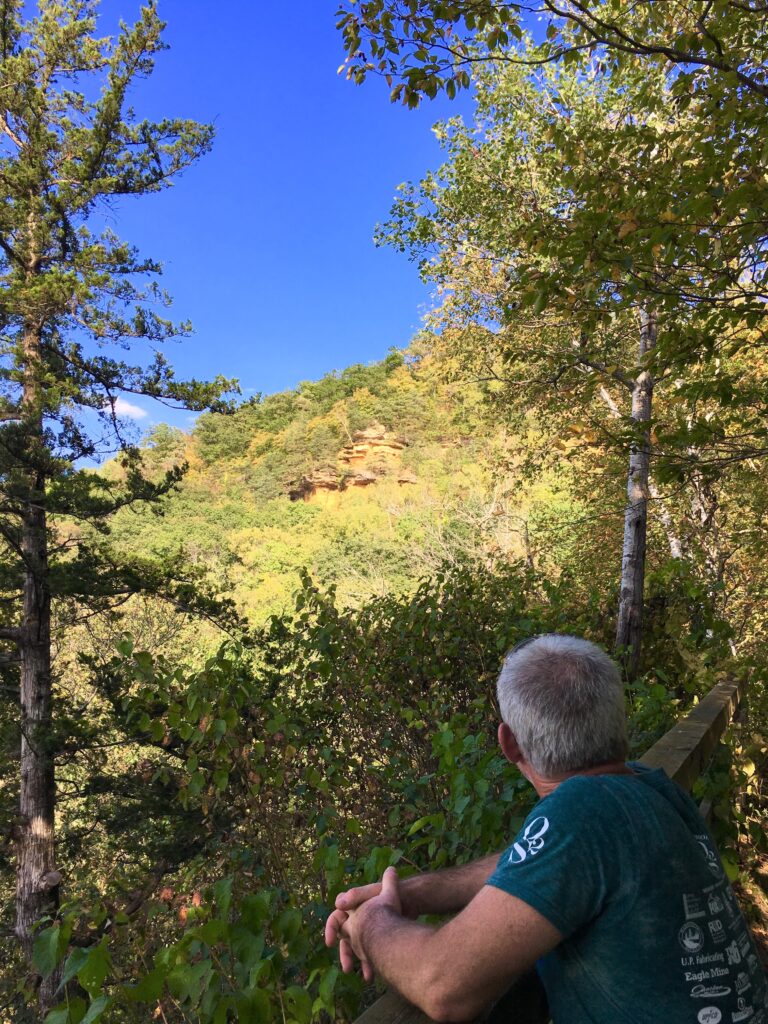 Over the years, a growing body of research has proven that regular access to trees makes us happier and healthier. They restore our sense of calm from head to toe — improving memory and attention span, enhancing cognitive functioning, lowering blood pressure, and reducing cortisol levels.
Over the years, a growing body of research has proven that regular access to trees makes us happier and healthier. They restore our sense of calm from head to toe — improving memory and attention span, enhancing cognitive functioning, lowering blood pressure, and reducing cortisol levels. Many residents and land managers in southeastern Wisconsin search for effective and efficient practices to control exotic invasive plants in our natural areas. The Southeastern Wisconsin Invasive Species Consortium is teaming up again with
Many residents and land managers in southeastern Wisconsin search for effective and efficient practices to control exotic invasive plants in our natural areas. The Southeastern Wisconsin Invasive Species Consortium is teaming up again with 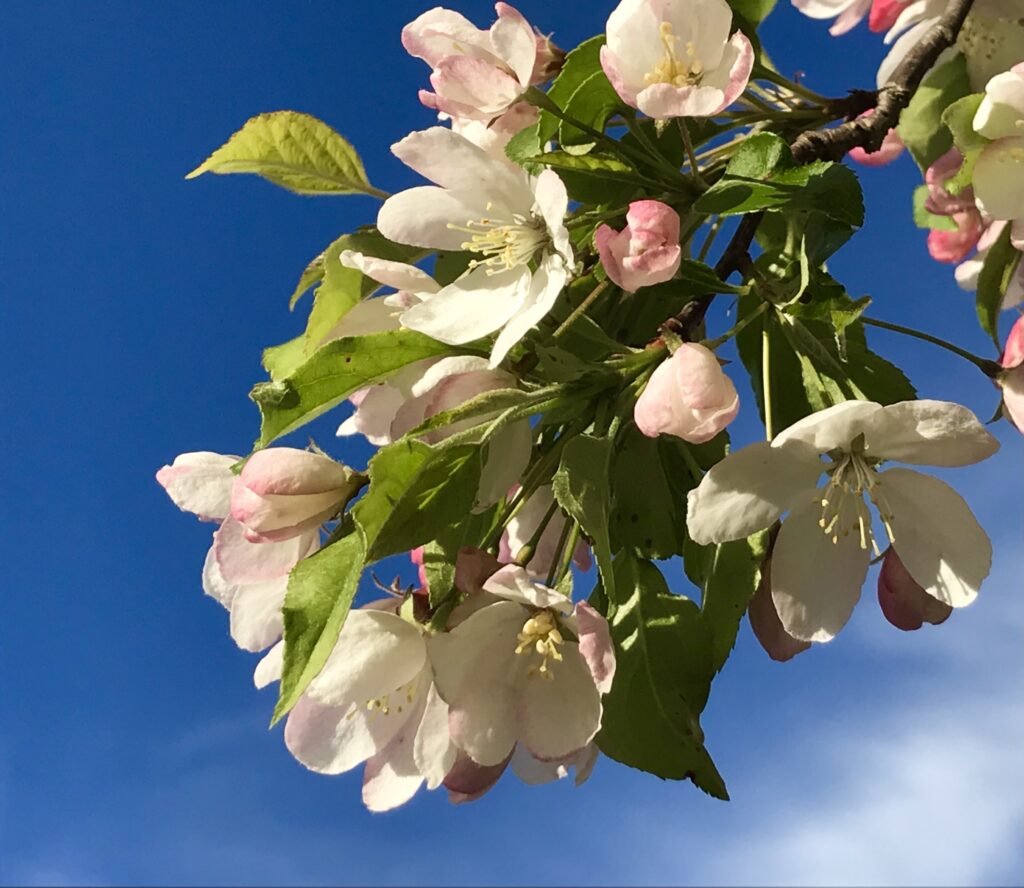

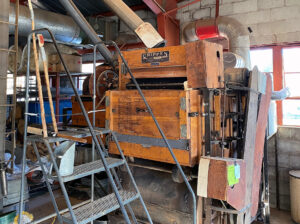

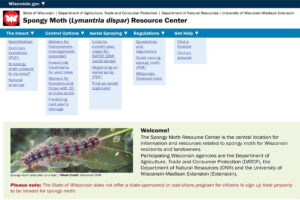 As Wisconsin braces for another potentially busy season of spongy moth caterpillars, three state agencies have teamed up to make it easier for tree owners and others to access the latest information and advice on the invasive, leaf-chomping pests.
As Wisconsin braces for another potentially busy season of spongy moth caterpillars, three state agencies have teamed up to make it easier for tree owners and others to access the latest information and advice on the invasive, leaf-chomping pests.